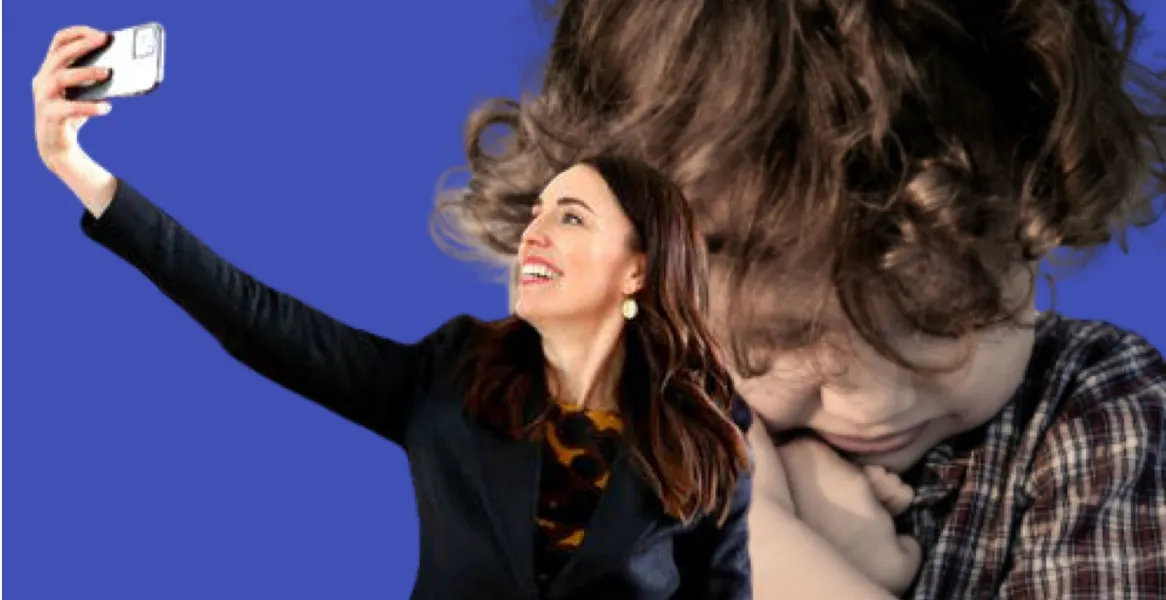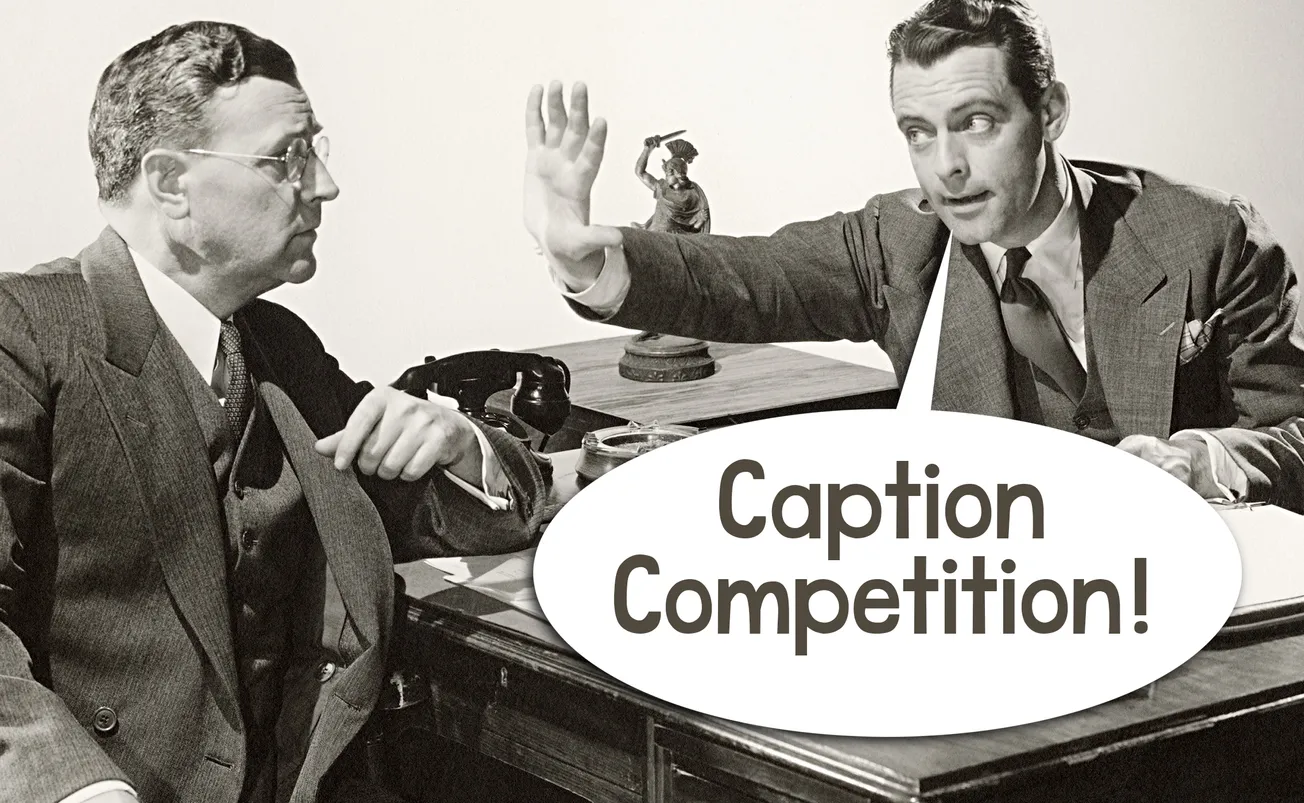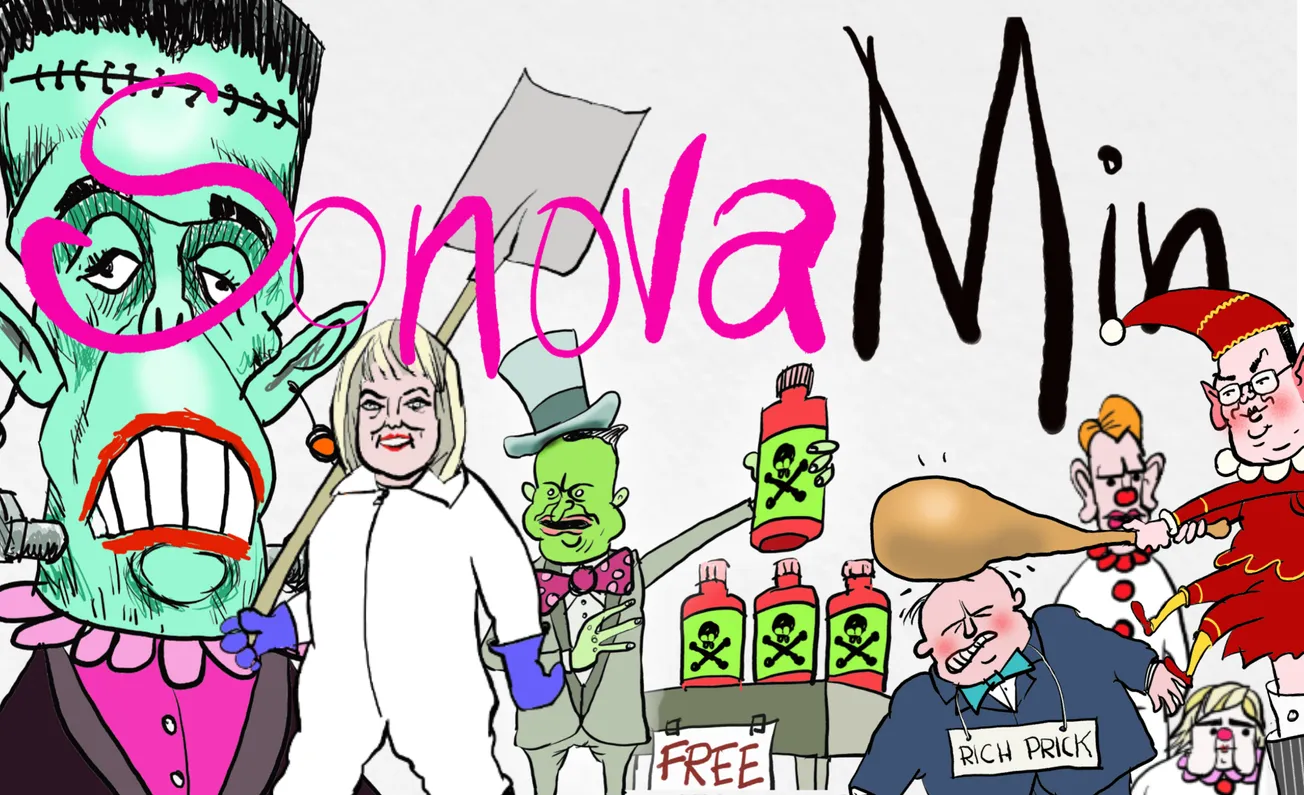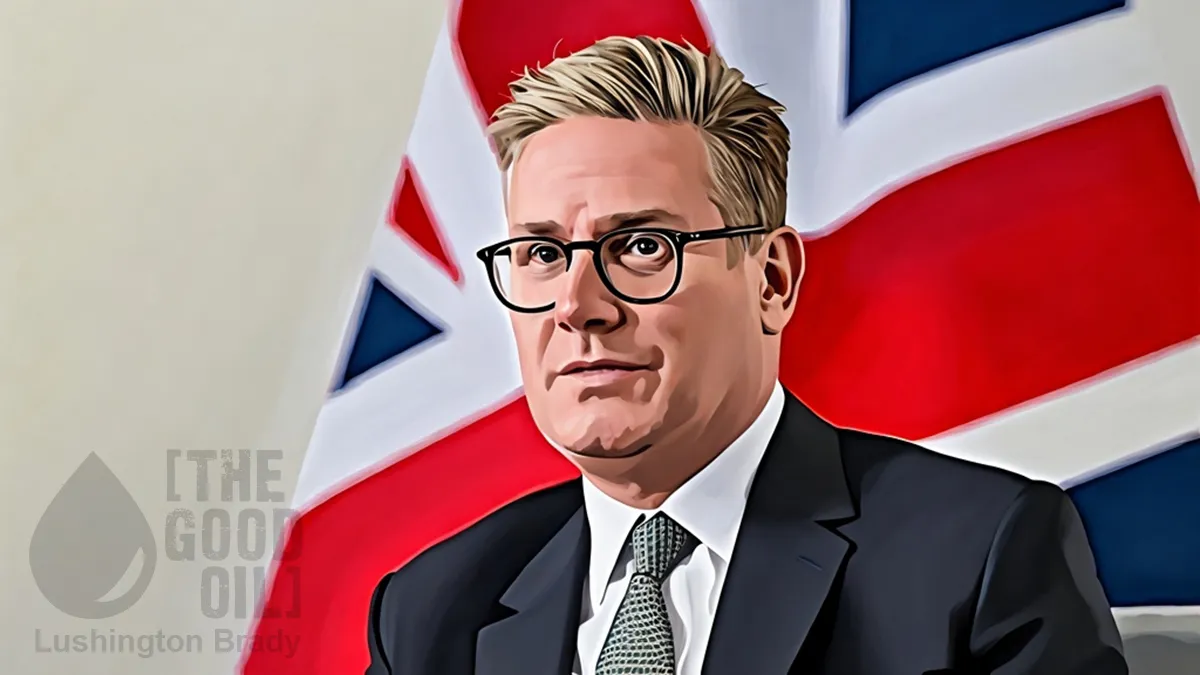Table of Contents
Lindsay Mitchell
lindsaymitchell.blogspot.com
The Prime Minister promised to cut the number of children living in poverty but she never promised to reduce the number of children living on benefits. And it’s a good job she didn’t or she’d have failed on that score too.
Before COVID, between December 2017 and 2019, the number had risen by 12,000.
In broad terms, just before the 2017 election, there were 260,000 dependent children. Now there are 300,000.
That’s a shocking number.
In the post-COVID age, we have become inured to big numbers.
To help envisage how many more children need a benefit to survive, school populations are useful.
A good-sized primary school has a roll of around 400.
In three years the PM has overseen the addition of 100 school rolls to the welfare rolls, thirty of them before COVID.
It is important to stress what had happened before COVID because as they ask for your vote, this government will blame a lot of what has gone wrong on the COVID pandemic.
But the trend was already headed in the wrong direction.
Why?
Perhaps because Labour has made being on welfare, and having children while on welfare, increasingly easy. They scrubbed the requirement to name fathers of children; they refuse to early work-test parents who add a subsequent child to their benefit; they have made it a priority to ensure all beneficiaries get what they call Full and Correct Entitlements (FACE) to the extent that the applicant no longer has to complete budgeting activities to access hardship payments, and the grant of more than six extra payments does not require managerial approval. Sanctions and obligations – what employed people face daily – are a thing of the past.
Add to this the extra financial incentive to produce babies – Best Start – and an answer might begin to emerge.
We all want children to live in homes where they can flourish because their parents do well. But supercharging income into those homes without regard for the effect free money has on their parents is no answer.
Not only did the Prime Minister fail to reduce child poverty – her overarching reason for entering parliament – but she contributed to the conditions that have drawn more children onto benefits.
Does that matter?
Absolutely. A wealth of data has shown that children who grow up on benefits have much greater risks of experiencing poor educational and health outcomes, of having involvement with Oranga Tamariki and eventually the Justice and Corrections systems: but above all, never fulfilling the human potential they were born with.
This is the ongoing New Zealand tragedy that disconnecting money from work effort will not resolve.
It’s doubtful the PM will pay heed, or even read these words, but on the tiny chance she does, I would offer this piece of advice.
Listen to your own predecessors, Helen Clark and Michael Cullen, who shared a very strong commitment to the idea that work is the best way out of poverty, for parents, and by implication, their children. In 2008 Finance Minister Michael Cullen said:
“The Labour Party isn’t the party that says living on a benefit is a preferred lifestyle. Its position has always been that the benefit system is a safety net for those who are unavoidably unable to participate in employment. From its history, the Labour Party has always been about people in employment.”
References:
Michael Cullen quote: scoop.co.nz/stories/HL0805/S00319/campbell-talks-budget-fallout-with-michael-cullen.htm
All Internal Papers or Ministerial Advice on the Implementation Around Beneficiaries Receiving Their Full B… by Juana Atkins on Scribd
If you enjoyed this BFD article please share it.







